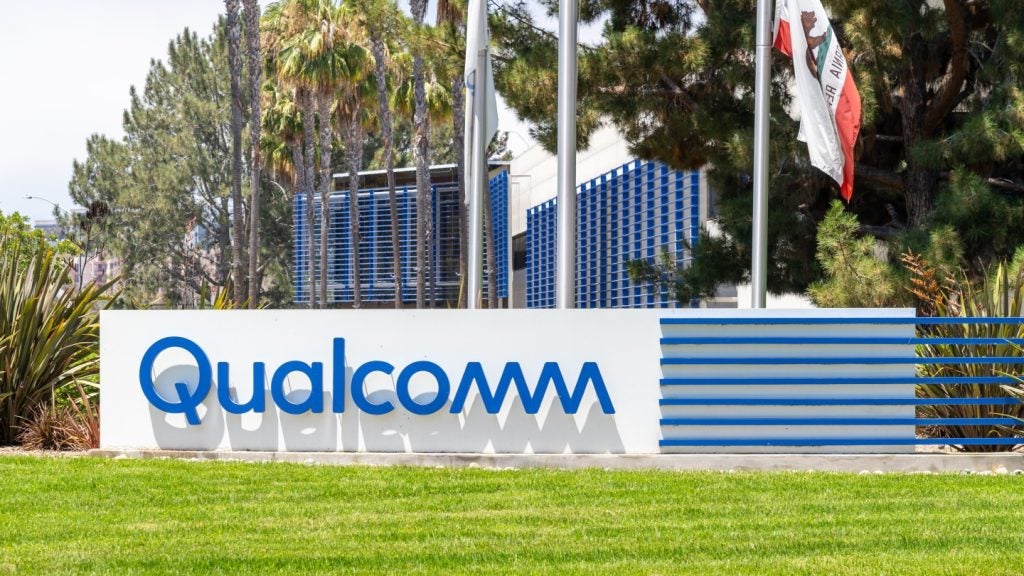The antitrust Competition and Markets Authority (CMA)’s provisional clearance of Amazon’s investment in Deliveroo shows that regulators’ priorities are changing as a result of Covid-19. While interpretation of antitrust laws can be softened to save businesses, this is seen as necessary to protect customer’s needs.
UK antitrust watchdog considers new evidence during the Covid-19 crisis
The CMA was initially concerned that the deal could damage competition. However, the Covid-19 pandemic has left Deliveroo on the brink of collapse, so the watchdog has opted to allow Amazon’s investment to ensure Deliveroo stays in business.
It considers the collapse of Deliveroo to be more damaging to competition than the deal itself, as “some customers are cut off from online food delivery altogether, with others facing higher prices or a reduction in service quality.”
This may look like a specific and unprecedented circumstance but it might not be an isolated case, as the Covid-19 crisis has put companies of all types at risk of collapse.
Covid-19 triggers new antitrust initiatives
Meanwhile, EU countries are stepping up their efforts to prevent unfair trade practices during the crisis.
Italian regulators, for example, initiated an action against Amazon and eBay for excessively raising prices of hand sanitizers and face masks. Industry watchdogs are closely monitoring traders and suppliers’ behavior to ensure that they do not exploit the current situation.
In addition, the European Commission has stated that it is ready to allow specific cooperation projects that tackle the Covid-19 outbreak, especially where there is still uncertainty about whether such initiatives are compatible with EU competition law.
Antitrust and data privacy are tightly intertwined in the digital era
In the digital era, antitrust regulation has been under intense review. Existing competition laws defining market power and anti-competitive practices struggle to keep up with the challenges of the digital economy.
Tech giants thrive thanks to their large, established customer network and low-cost capital. Increasingly a company’s access to key user data is viewed as critical to determine its position in the market. As a result, antitrust and data privacy become tightly intertwined.
Data privacy laws may also see some temporary relaxation in the name of public safety, as authorities will be forced to rely on tech giants like Google and Facebook for smartphone location data if they are to combat Covid-19.
Big Tech will still face intense scrutiny
In the long run, technology companies will still be scrutinized for their antitrust and data privacy violations, with regulators investigating abuse of power in product markets as well as in the use of customer data.
A number of preliminary antitrust investigations against US tech giants are under way around the world, including the US Federal Trade Commission’s probe into Facebook, the US Department of Justice’s investigation into Google, and the EU’s case against Amazon.
It is unlikely that any of these investigations will change course because of the pandemic. This is because antitrust and data privacy are the main regulatory issues in the digital era.
However, in the short term the Covid-19 emergency might push regulators to interpret antitrust laws in a way that prioritizes business continuity in order to better protect consumer’s rights.








